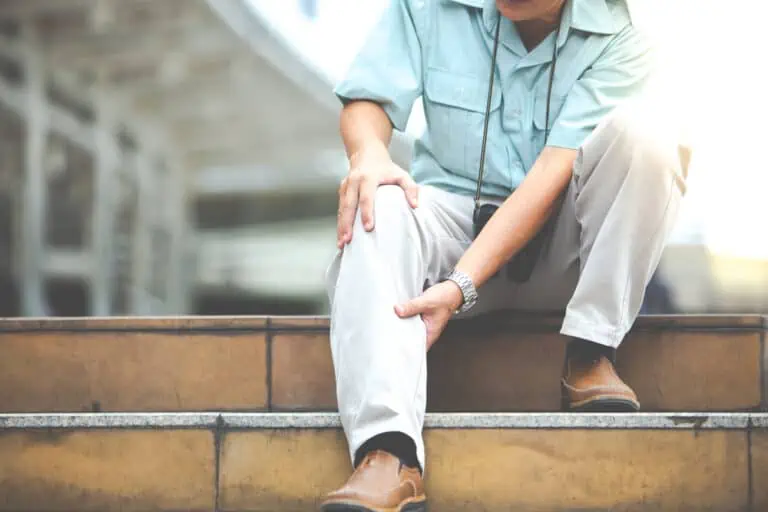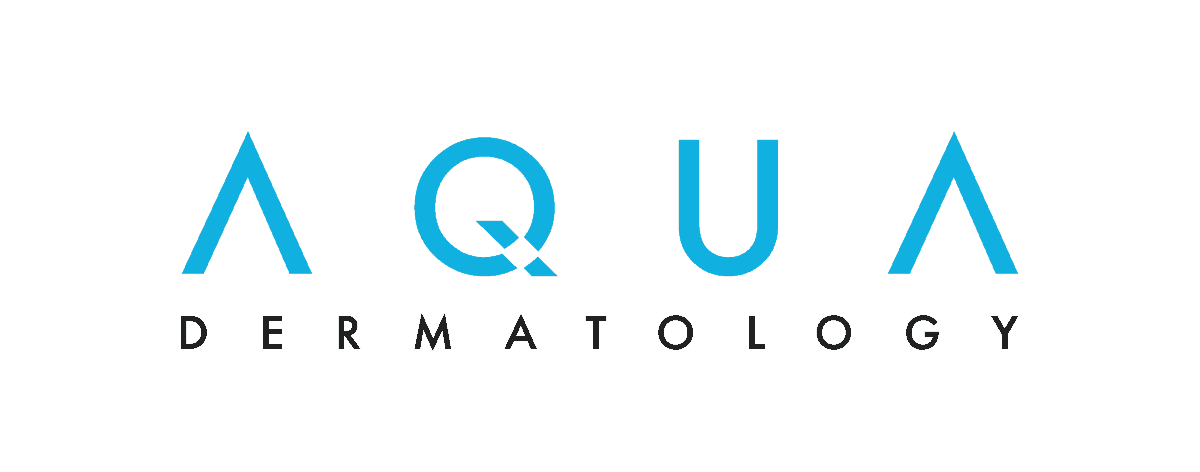Legs Feel Heavy? Leg Vein Treatment Can Help

If your legs feel heavy, walking can seem like wading through glue, and even simple activities can be a slog. One common reason for heavy legs is poor leg circulation caused by chronic venous insufficiency (CVI). Heaviness in legs, especially the lower legs and ankles, is a classic sign of CVI, which also causes varicose veins.
If you’re tired of living with heavy, aching legs and fatigue, leg vein treatment can “lighten the load” and put a new spring in your step.
Leg vein problems typically don’t go away on their own, and over time they get worse, not better. The sooner you see a vein specialist for treatment, the more likely you are to avoid worsening leg pain, skin discoloration and potentially serious CVI complications such as leg ulcers.
Who gets heavy, tired legs?
Heavy legs can be caused by several conditions, including leg injury and peripheral artery disease (PAD), a type of cardiovascular disease that involves clogged arteries in the legs. Most commonly, though, it’s caused by CVI, a problem with the veins.
In CVI, the one-way valves in the leg veins don’t work properly. Some of the blood that should travel to the heart pools in the veins instead, causing symptoms such as heavy legs, swelling in the legs and ankles, itchy legs and painful leg cramps or spasms. CVI can also cause restless legs.
CVI becomes more common with age due to natural wear and tear on the veins. Pregnancy, obesity and standing for long periods increase the risk of CVI by putting extra pressure on the leg veins. Other risk factors include having a family history of vein problems and not getting enough exercise.
If your leg heaviness is worse at the end of day or after you sit or stand for a long time, CVI is a likely suspect. Your vein doctor can make an accurate diagnosis.
Leg vein treatment for heaviness in legs
In some cases, wearing snug-fitting compression socks or stockings can begin to ease leg heaviness in a matter of days. Your vein doctor can prescribe the right strength. The compression helps propel blood in the legs back to the heart. The doctor may also recommend elevating your legs for 30 minutes several times a day and walking more to improve blood circulation in the legs.
If the compression stockings help, it’s a sign that closing the faulty veins could relieve your heavy leg symptoms permanently. These veins can be closed using a quick, minimally invasive procedure. Options include laser treatment, radiofrequency ablation (closing the vein with heat), VenaSeal (a glue-like substance injected in the vein) and sclerotherapy.
The treatments are relatively painless and require little to no recovery time. Once a faulty vein is closed, the body reroutes the blood it carried to healthier veins nearby.
Heavy legs aren’t just an annoyance, they’re a sign of an underlying problem. Addressing the problem can increase the blood circulation in your legs and potentially spare you from more serious vein issues in the future. Best of all, you’ll no longer feel like you’re wading through glue.
Ready to get help for heavy legs? Make an appointment with one of our vein specialists today.
Medically reviewed by Ted Schiff, MD
Written by Jessica Brown, a health and science writer/editor based in Nanuet, New York. She has written for Water’s Edge Dermatology, Prevention magazine, jnj.com, BCRF.org, and many other outlets.


